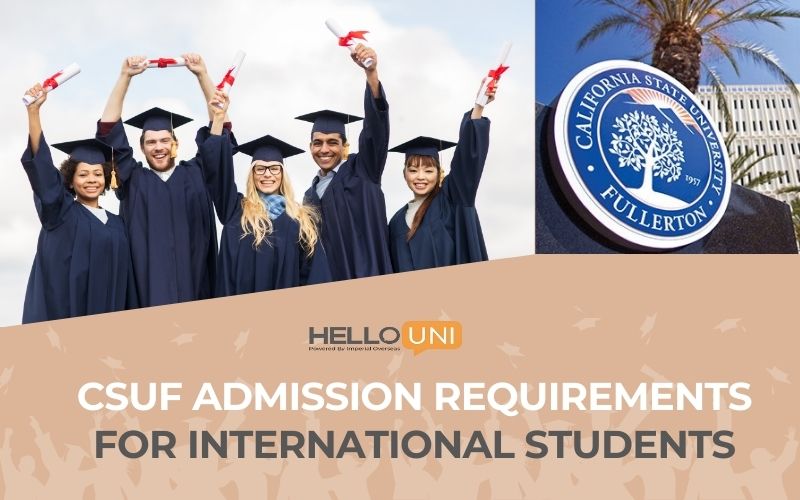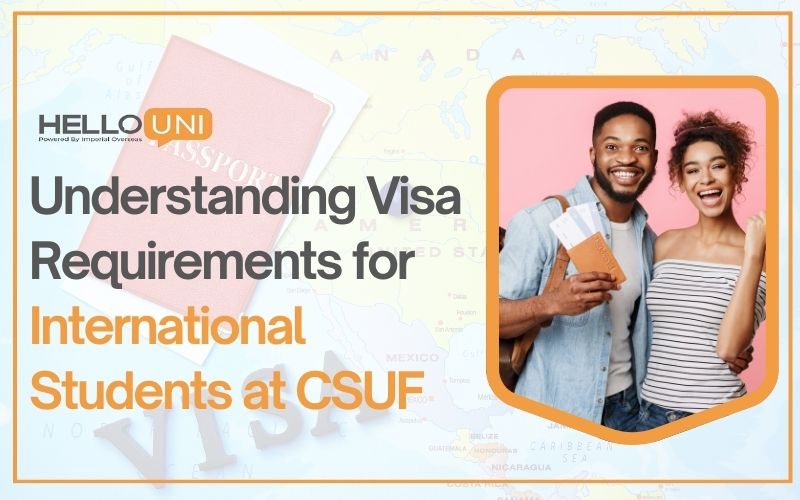Understanding Full Tuition Scholarships
Full tuition scholarships cover your entire cost of tuition fees for your academic program. These scholarships are very competitive and are usually given to students who do well in academics, show leadership, and participate in extracurricular activities. These scholarships help a lot with the cost of studying in another country, making it easier for more students to go to college.
They can come from universities, government programs, private groups, or charities. It’s important to know what each scholarship needs so you can apply correctly. Some scholarships also help with living costs, books, and travel, giving you more support while you study abroad.
Researching Available Full Tuition Scholarships
To get a Full tuition scholarship that covers all your tuition fees, start by doing some research. Look at scholarship databases and university websites because they usually have lists of scholarships for international students. Check who can apply, when to apply, and what documents you need.
Talk to current students, academic advisors like HelloUni, and people in professional groups for more tips and to find hidden Full tuition scholarships. Also, check out scholarships from the government and international organizations, as they have special programs for students from different places.
Use a spreadsheet to organize your findings. This way, you can keep track of what each scholarship needs and when the deadlines are. Spend some time each week updating your research and looking for new scholarships to increase your chances of getting one.
Preparing a Strong Application
Creating a strong application is key to getting a full tuition scholarship. Start by carefully reading the application rules and making sure you qualify. Collect all the necessary documents, like your grades, test scores, and extracurricular activities. Update your resume to show your achievements that match what the scholarship is looking for.
Showcase your academic skills and leadership abilities. Make sure your application is well-organized and neat, as this shows you pay attention to details. Ask a mentor, teacher, or career advisor to review your application and give feedback. Please pay attention to the submission deadlines and check with the scholarship committee to make sure they received your application.
Writing a Compelling Personal Statement
A great personal statement can make your scholarship application stand out. Start with a strong opening that grabs the reader’s attention and explains why you want the full tuition scholarship. Talk about your good grades, leadership roles, and any tough situations you’ve overcome. Be honest and think about how these experiences have prepared you for studying abroad.
Use specific stories to show your points and explain how the scholarship will help you reach your long-term goals. Keep your tone positive, and avoid using vague statements. Proofread your statement many times to fix any grammar mistakes and make sure it’s clear. A well-written personal statement can show your passion and dedication and why you deserve the full tuition scholarship.
Securing Strong Letters of Recommendation
Strong letters of recommendation can really help your scholarship application. Choose people who know you well, like your teachers, professors, bosses, or mentors. They should be able to talk about your academic skills, character, and potential.
Give them plenty of time to write the letters and provide information about the scholarship, your achievements, and your goals. Meeting with them or giving them a summary of your accomplishments and dreams can help them write a better, more personal letter.
Make sure the letters are on official letterhead and signed. Follow up with your recommenders to make sure they submit the letters on time and thank them for their help. Good, heartfelt recommendations can strongly support your application.
Tips for a Successful Full Tuition Scholarship Interview
A good scholarship interview can help you get a full tuition scholarship. Start by looking up common interview questions and practicing your answers. Be ready to talk about your academic goals, leadership experiences, and why you chose your field of study and the place you want to study.
Dress nicely and arrive early to show you are serious and on time. During the interview, listen to each question carefully, take a moment to think, and then answer clearly and confidently. Share what makes you special and how it matches what the scholarship is looking for. Show your excitement and thank them for the interview.
After the interview, send a thank-you note to show your appreciation and remind them that you are very interested in the full tuition scholarship.
Dreaming of studying abroad? Start working towards this dream with HelloUni! Our expert team helps you find full tuition scholarships, prepare strong applications, and secure your future. Contact HelloUni today and start your path to success!
How to get a full tuition scholarship to study abroad?
Have strong background in terms of academics and work experience. Resumes and LORs come in really handy when applying for full tuition scholarships abroad. It is also really important to prepare and apply in advance to avoid missing application deadlines.
Which is the easiest country to get a scholarship in?
Germany, followed by France, is known for being the easiest country to get scholarships.
Which country gives the best scholarships for Indian students?
Germany, Australia, France, and Canada offer numerous full tuition scholarship opportunities making the study abroad free for Indian students. The United States, Canada, Germany, Singapore, Japan, the Netherlands, Denmark, Australia, New Zealand, and the UK provide various part-time opportunities to international students.
How much percentage is required to study abroad?
The minimum marks required in 12th to study abroad depend on the country and the university or college you are applying to. Some universities may require a minimum of 60% marks, while others may require a higher percentage.







